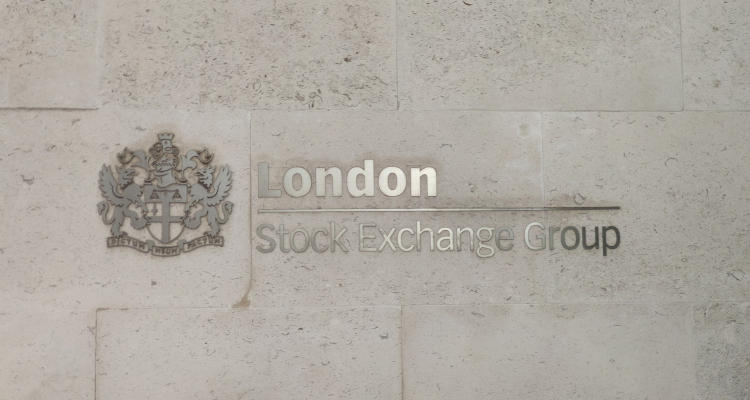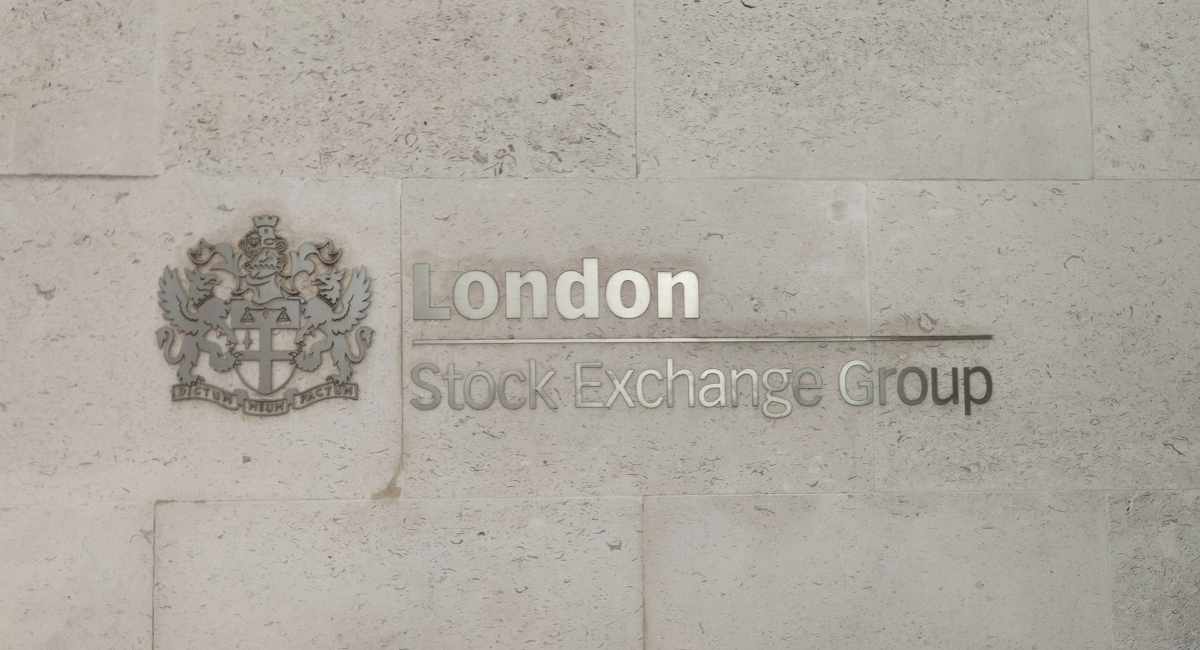
Photo Credit: David Vincent
Hipgnosis Songs Fund (LON: SONG) shares have dipped to a record-low price, but some investors appear relatively upbeat about the entity’s path forward following a $700 million refinancing.
During today’s market hours, Hipgnosis Songs Fund – the publicly traded operation that’s dropped billions on song rights in recent years – parted with 3.4 percent of its stock-price value to finish at an even 82 GBX (currently 93 cents).
As mentioned, the figure represents an all-time low for Hipgnosis, shares in which have fallen by about 33 percent since mid-October of 2021. September of 2022 brought with it critical analyses of the business’s song-rights valuation system and overall positioning, though Hipgnosis earlier this month announced the “successful refinancing” of its debt and said that it was in “advanced talks” to enter “into interest rate swaps.”
City National Bank was the “lead arranger and sole bookrunner” on the credit facility, and Jim Irvin, an SVP at the Los Angeles-headquartered financial institution, said that City was “extremely optimistic about Hipgnosis Songs Fund’s growth and potential.”
And J.P. Morgan in late September expressed the belief that Hipgnosis, despite touching what was then a year-to-date stock-price low of GBX 98.50 ($1.11), “offers compelling value” to investors. Explaining its position (including an overweight rating), J.P. Morgan cited the above-described refinancing, increased royalty rates, the perceived quality of Hipgnosis’ holdings, and “streaming growth, with price rises likely to come.”
Bearing in mind these assessments on the one hand and the tumbling stock price of Hipgnosis on the other, different analysts yet seem somewhat encouraged about the fund’s post-refinancing outlook as well as the prospects of the broader music-IP space.
In assigning a buy rating to SONG, Ben Newell and Alan Brierley, analysts at London-headquartered Investec, characterized the refinancing as an “important development” but noted the unique components of the debt arrangement, according to a report from Investment Week.
“Although the debt structure is labelled as an RCF,” the two penned, “investors must be aware that it has not been used as an acquisition facility in the same way that RCFs are typically used by other alternative companies such as the infrastructure and renewables companies.”
Investec proceeded to indicate that the drawn-out refinancing process has raised questions about the corporate governance at Hipgnosis, besides stating that the delay in fixing interest costs resulted from an “error of judgement by the board and management.”
Meanwhile, QuotedData head of investment companies James Carthew signaled confidence in the long-term viability of song rights but asked whether the refinancing was the “fundraising of last resort.” Per the financial professional’s view of Hipgnosis’ cashflow during the prior fiscal year, “the debt looks like it might be uncovered by cash earnings.”
With regard to Hipgnosis’ October of 2021 agreement with Blackstone, Carthew raised the possibility (which others have likewise discussed) that the latter company may ultimately take the songs fund private at a discount. SONG’s market cap is currently well beneath the business’s net asset value, and Cerno Select’s Fergus Shaw communicated that “there is further work to do on the education front” as a result.

